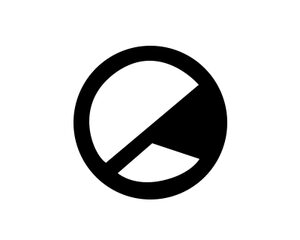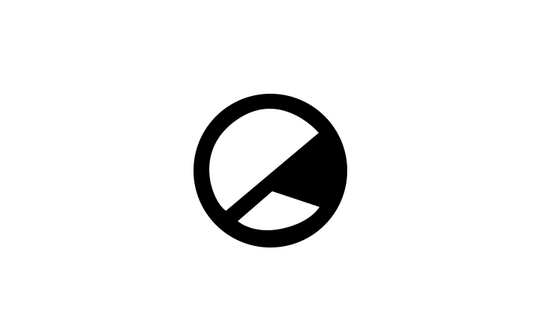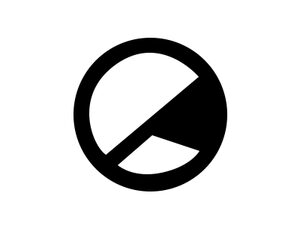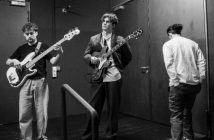This year saw the return of festival season, with live music being restored to it’s rightful place on stage after it took a hit during lockdown. However, there is one thing that unfortunately didn’t make a stronger return: women on festival bills.
Although the lack of female acts on festival line-ups has been a notorious problem in the past, it seems that this year it was worse than ever. With audiences desperate for a weekend of music after the turmoil of the past year, festivals have gotten away with booking less women than ever.
Take a look at the line-up for Reading Festival 2021: even with double the amount of headliners than previous years (six in total), none of them were women. Topping the bill were Stormzy, Post Malone, Liam Gallagher, Catfish and the Bottlemen, Disclosure and Biffy Clyro – slightly further down you could find Mabel and Wolf Alice; however any other female acts were way down in the small print.
Unfortunately, festivals that choose (because yes, it is a choice) to book their line-ups in this way haven’t suffered; Kendal Calling 2021 sold out in record time, despite only a teaser of the line-up being revealed – which was largely male.
It seems that the problem from festival organisers is that they perceive female acts to be less “profitable”. After all, festivals are still a business, and are run as such.
However, this is definitely not true. Female musicians have topped the music industry over the past few years – you only have to take a look at the crowd that was garnered for Billie Eilish’s set at Reading Festival in 2019, the historic show put on by Beyoncé at Coachella in 2018, or Lorde’s innovative performance at Glastonbury 2017 to see proof of what women can achieve. Many have questioned why acts such as Dua Lipa- who had an immense year after the release of her 2020 album Future Nostalgia, were not booked for more festival headline slots.

Dua Lipa had a record-breaking year after the release of her second studio album, Future Nostalgia. Photo Credit: Hugo Comte
Festival organisers have given sloppy arguments for this problem. Festival Republic Director Melvin Benn, one of the most influential people in the UK festival industry, argued that “we can’t put a bill together based on gender – we can only put a bill together based on availability and appropriateness”. He went on to say that “the facts speak for themselves […] There’s nobody more committed to gender equality than I am, but I can’t make an act that isn’t there.” Other big names in the industry have said similar things – Geoff Ellis of TRNSMT Festival claimed that more women need to “pick up guitars” in order to make their way into headliner positions.
Both of these arguments are baseless – not only do these supposedly imaginary female acts exist, but they are already headlining major festivals; Primavera Sound Festival’s recently announced 2022 line-up boasts the likes of Megan Thee Stallion, Jorja Smith and Lorde in its headline slots, as well as acts such as Charli XCX and Caroline Polachek.
Clearly, the problem is not the lack of female artists available, but the lack of imagination and courage from festival organisers. The “impenetrable” culture of festival bookers, described by Glastonbury organiser Emily Eavis as akin to that of a boys club, makes it almost impossible to get the message through. As is the problem with gender inequality generally, the issue is systemic – those who have the power to choose what the future of our festival stages look like refuse to change their ways in favour of the keeping up the old guard.
As the music industry continues to shift and diversify, let’s all hope that the UK festival scene will keep up.




